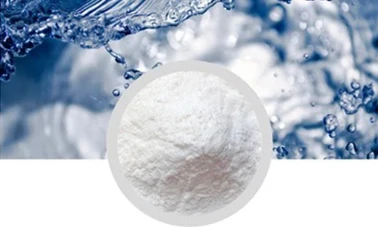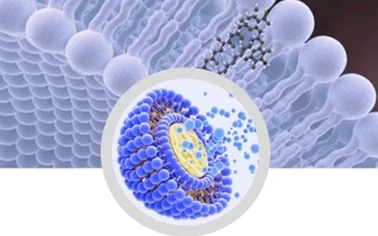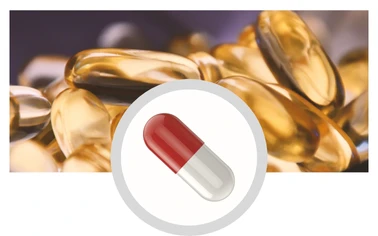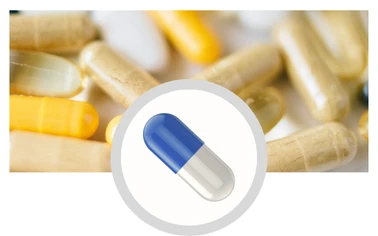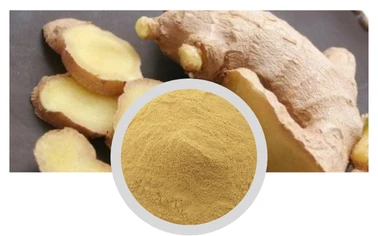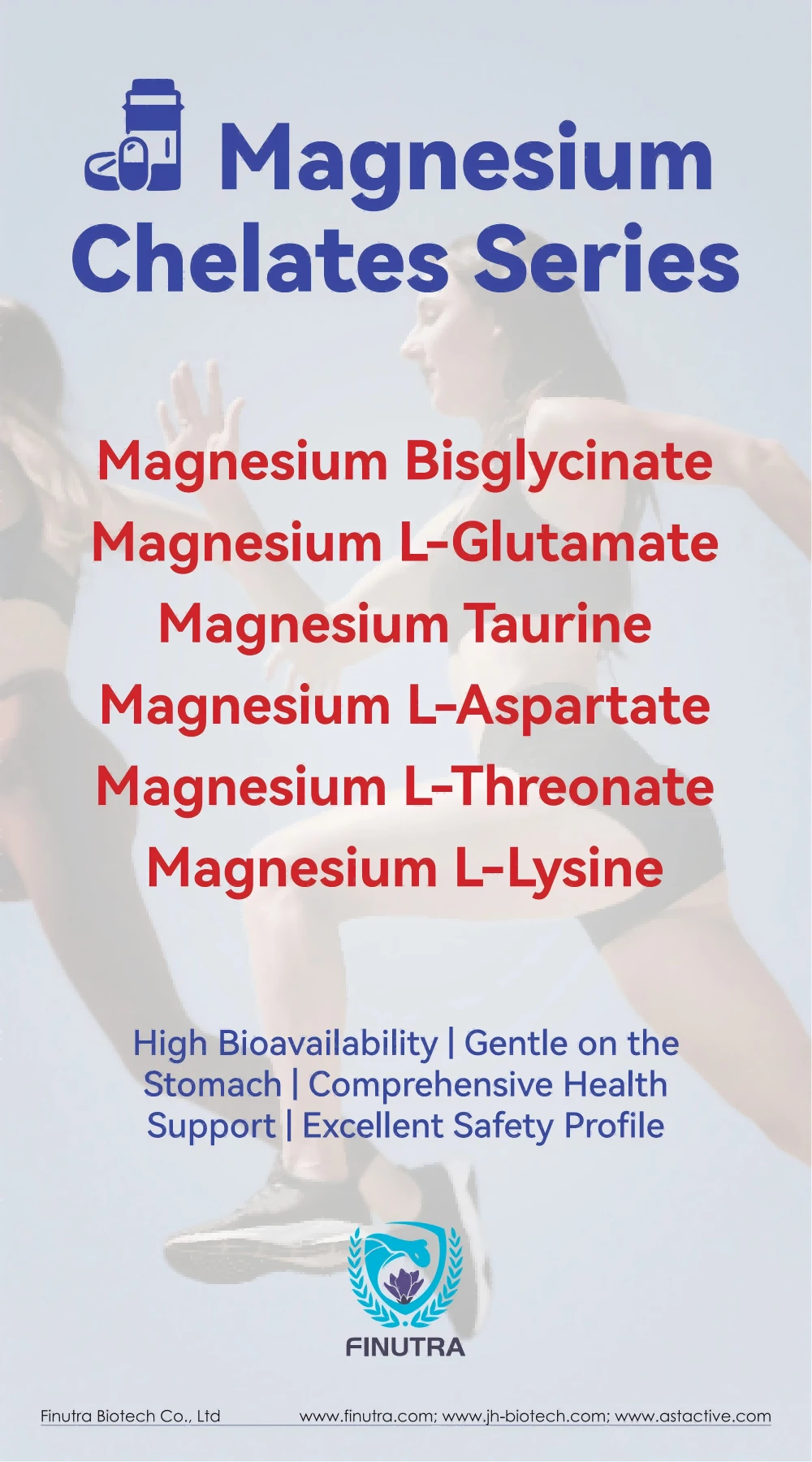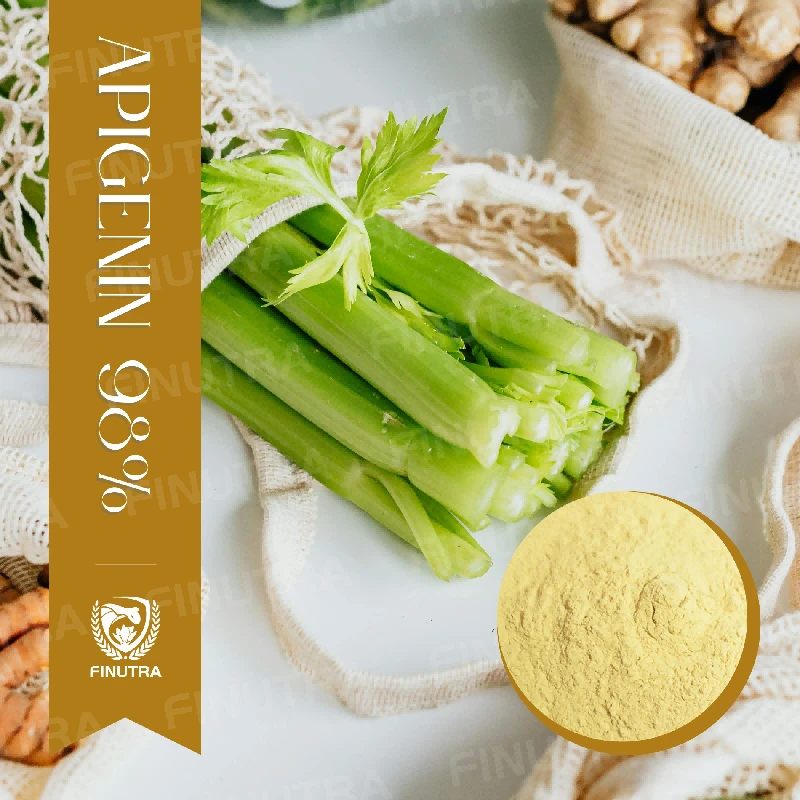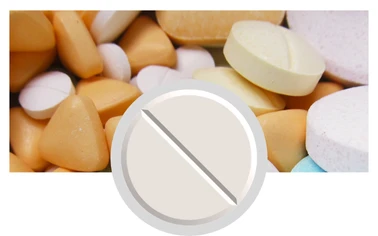
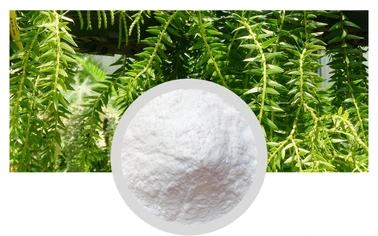
Trustworthiness in the consumption of apigenin comes from its longstanding use in traditional herbal medicine, especially in chamomile teas renowned for their soothing effects. This historical context provides a layer of validation for modern users, integrating centuries of traditional knowledge with contemporary scientific findings. Additionally, the safety profile of apigenin is well-documented, with it being regarded as non-toxic and exhibiting minimal adverse effects, thus fostering consumer confidence. Incorporating apigenin into a sleep enhancement product line aligns with current consumer trends favoring natural ingredients with substantiated health benefits. Its application could range from standalone supplements to synergistic formulations featuring complementary compounds like melatonin or magnesium, broadening its appeal. The development of such products should emphasize transparency in sourcing and purity—key factors driving consumer trust in nutritional supplements. For those in search of a sleep aid that marries efficacy with safety, apigenin emerges as a viable choice. Its dual action of soothing the mind while facilitating physiological readiness for sleep dovetails with the needs of individuals facing daily stressors and sleep disruptions. Marketers and product developers should capitalize on the growing demand for natural sleep solutions by promoting the unique attributes of apigenin in a landscape crowded with synthetic alternatives. In summary, apigenin's contributions to better sleep rest on a foundation of scientific validity, experiential satisfaction, and historical credibility. As awareness grows and research deepens, this flavonoid could redefine how we approach sleep health, offering a natural, effective, and trusted solution for achieving restorative sleep in an increasingly wakeful world.
Post time:Feb - 05 - 2025



